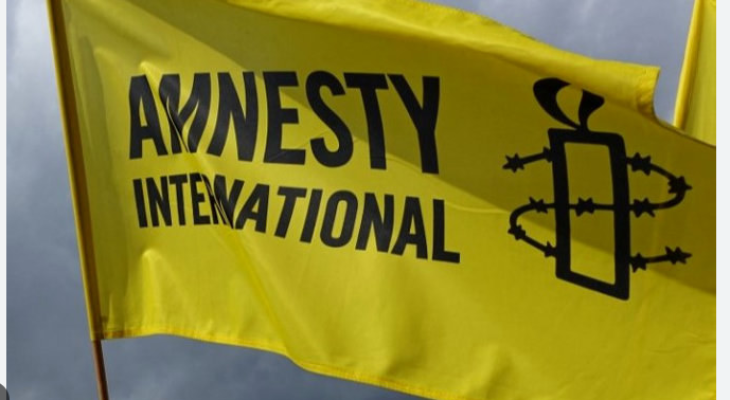India using anti-money laundering laws to harass NGOs: Amnesty
 New Delhi: Amnesty International (AI) has asked India to stop “witch hunting” against civil society organizations under the pretext of tackling money laundering or terror financing.
New Delhi: Amnesty International (AI) has asked India to stop “witch hunting” against civil society organizations under the pretext of tackling money laundering or terror financing.
According to Kashmir Media Service, the AI stated in purview of a report released by FATF, a global money laundering watchdog, the Rights organizations and news outlets have long complained of harassment under Prime Minister Narendra Modi’s Hindu-nationalist administration, a charge Indian has denied.
The human rights watchdog stated that in the last decade, India has cancelled the licenses of thousands of non-governmental organizations using the Foreign Contribution Regulation Act (FCRA) as the charities and non-profit firms need to register under FCRA to receive money from abroad.
But critics say Modi’s government has sought to pressure rights groups by heavily scrutinizing their finances and clamping down on foreign funding.
Amnesty said the Paris-based FATF had rapped the Indian government for its “partial compliance” with measures to protect civil society activities in its report released on Thursday.
The 40-member FATF, to which India has belonged since 2010, is mandated to tackle global money laundering and terror financing. The FATF in its report pressed on Indian government to take seriously the priority actions recommended by the FATF report, and to stop the witch-hunt under India’s anti-terror and money-laundering laws of non-profit organizations, human rights defenders and activists,
Amnesty International India chair Aakar Patel said in a statement that the FATF report noted “significant delays in prosecutions” in India under its money laundering and anti-terror laws, adding it resulted in a “high number of pending cases and accused awaiting trial”.
In 2020, Amnesty International had to suspend its Indian operations after its bank accounts were frozen.
The Indian government defended its move, accusing Amnesty of “illegal practices” involving the transfer of “large amounts of money” from Amnesty UK to India, he added.
Journalists critical of the government also complain of increased harassment, both on social media, where Modi’s ruling party has a powerful presence, and in person.








